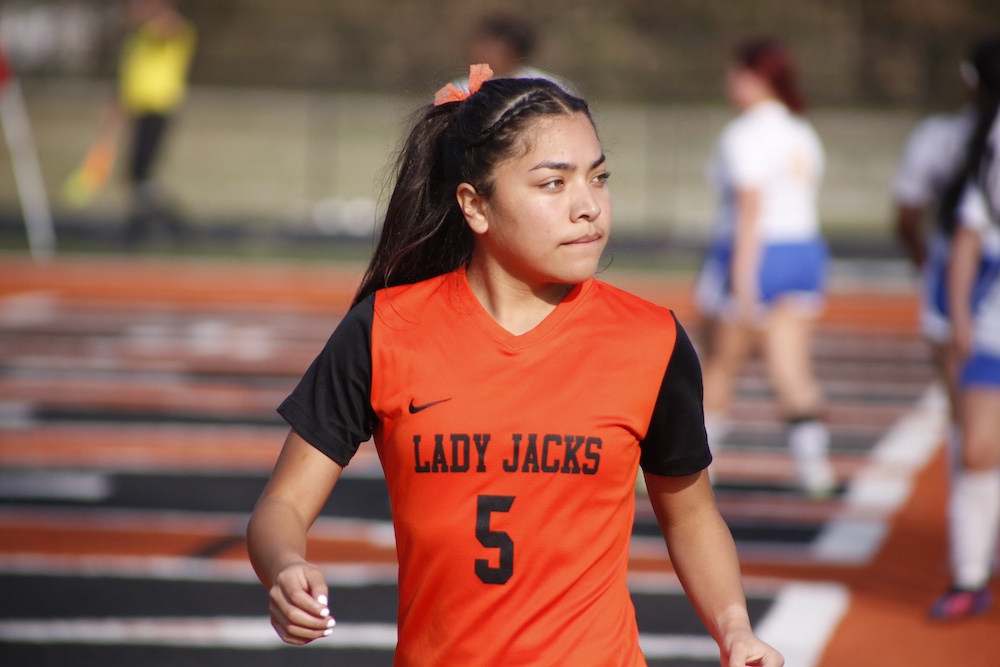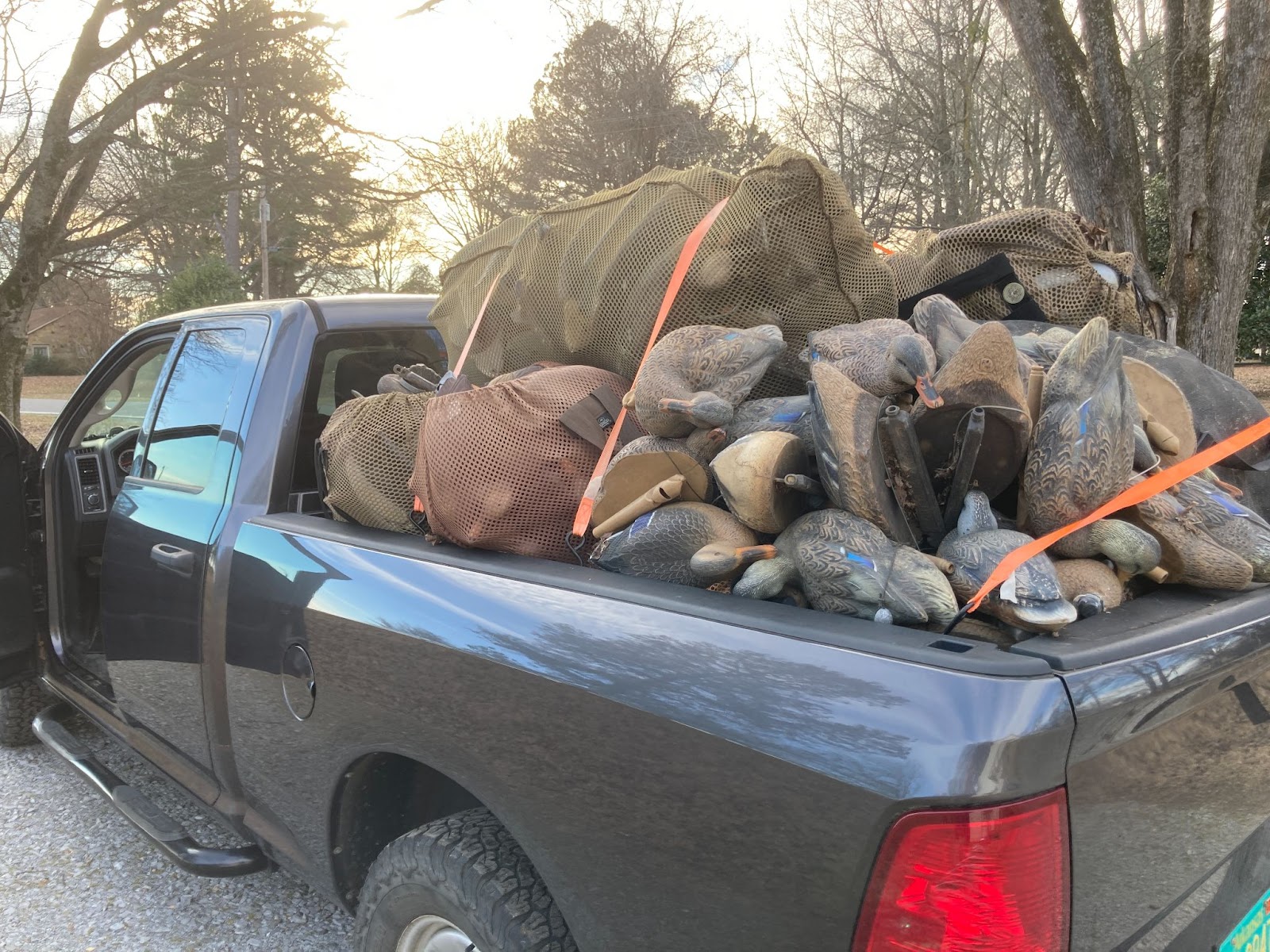LITTLE ROCK — An innovative waterfowl hunter recruitment program from the Arkansas Game and Fish Commission is doing more than saving some plastic, it may be saving the future of the sport. The AGFC’s Decoy Adoption Program finds old waterfowl hunting equipment and places it with new owners to continue harvesting game and memories in the field.
Eric Maynard, assistant chief of education for the Arkansas Game and Fish Commission, runs the AGFC’s decoy adoption program. The program has been formally in place for three years, but was conducted behind the scenes for many years before that.
“Decoy-painting workshops have always been a hit, and decoy-painting itself has a sort of cult following, even among nonhunters,†Maynard said. “So it’s a great way to draw people into the nature centers to learn more about hunting and fishing and why it’s important to continue these traditions.â€
The classes have become so popular that Maynard and other educators are always looking for new donations of old decoys to use.

“All duck hunters have those old decoys that sat in the field a little too long that they don’t want to repair or repaint,†Maynard said. “Instead of them being thrown out or tossed in an old decoy bag in the corner of the shop, they can spark the interest of a new waterfowl enthusiast. You just have to give us a call or drop them off.â€

Anyone can donate decoys of any kind, and members of the AGFC’s Education Division use them to help youth and other budding outdoors enthusiasts learn more about waterfowl and waterfowl hunting.
“It doesn’t matter if the decoy has holes in it and paint flaking off,†Maynard said. “We’ll fix them up and prime them before the class, so students can start from scratch. The educators will bring paints and pocket guides like the Arkansas Waterfowl Pocket Guide that students can use to make their decoys lifelike. At the end of the class, the student is welcome to take the decoy home with them.â€
Maynard said decoys that are still in good condition also may be used in one of the many mentored hunt opportunities the AGFC hosts.

“We also get contacted from time to time from younger hunters who want to get started but don’t have the resources to put into a spread of decoys,†Maynard said. “These aren’t going to be the best decoys, but we usually end up with a couple dozen that still have a few seasons of hunting left in them. If we can pass them on, maybe we’re passing on a little bit of that passion that brought us to the woods and water years ago.â€
Anyone interested in donating their old decoys to the AGFC for educational purposes is encouraged to contact Maynard at eric.maynard@agfc.ar.gov, and he can make arrangements to have them picked up. Decoys also may be dropped off at any of the AGFC’s nine nature centers, but donors are asked to call ahead so the center can make room for the donation.




